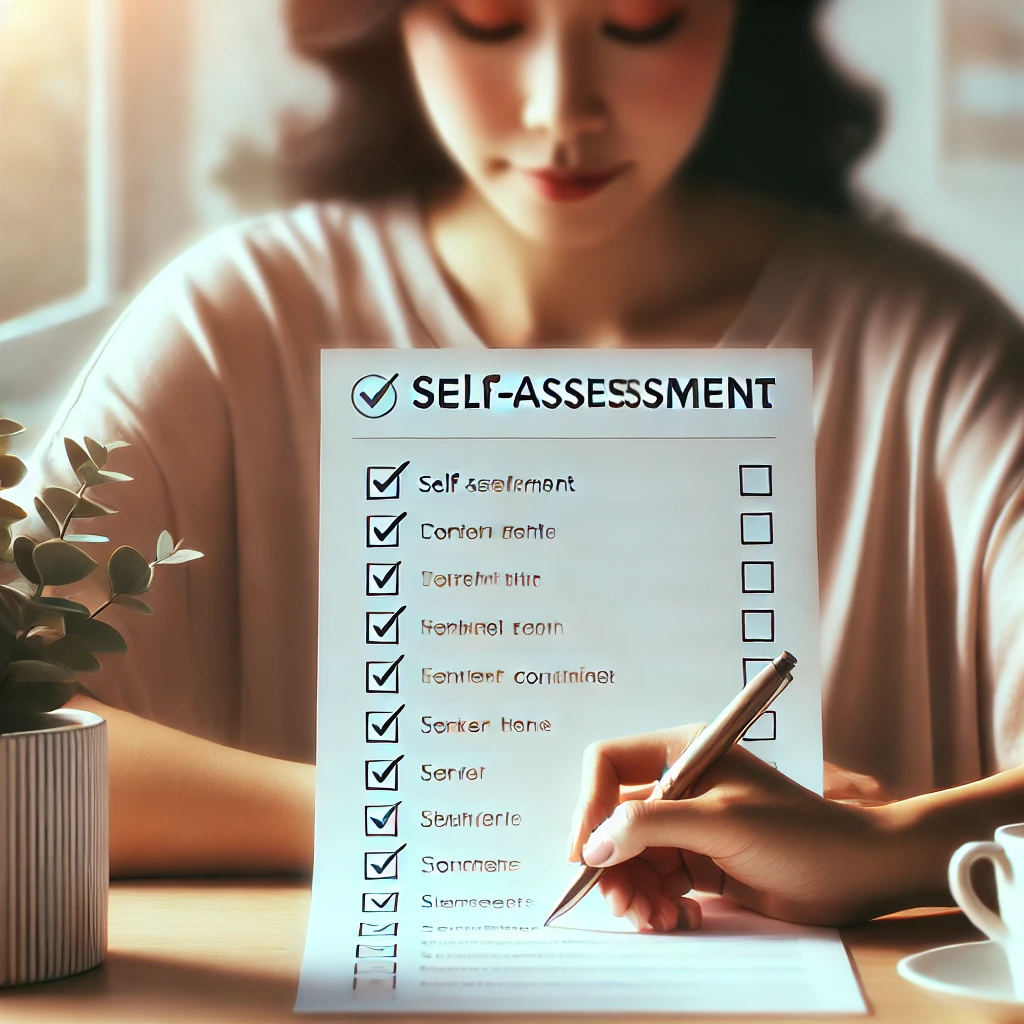ADHD Relationship Quiz for Women: Should You Stay or End It?
Navigating relationships can be particularly challenging for women with ADHD, who might often find themselves in the role of a people-pleaser, potentially leading to feelings of being overlooked or gaslighted. This detailed reflective quiz incorporates all the critical areas from the original piece to help you decide whether your current relationship is serving your best interests or if it might be time to move on. Each section is tailored to resonate with the unique experiences of ADHD women, ensuring you don't miss out on any aspect of your relationship dynamics.
ADHD Relationships: Money Issues
- Reflect on Financial Equity: Does your partner borrow money and not return it? Are you expected to cover expenses disproportionately even if you earn similarly? How often are you dealing with financial instability or debt collectors because of your partner?
- Why It's Important: Financial respect and responsibility are foundational in a relationship. An imbalance here can signify deeper issues of respect and fairness.
Giving and Receiving
- Assess the Balance of Compromise: Do you always find yourself compromising for the sake of peace? Does your partner fail to make sacrifices for you, leaving you feeling like you're the only one giving?
- Why It's Important: A healthy relationship involves mutual support and sacrifice. If you're the only one giving, it might be time to reassess.
Criticism
- Evaluate the Nature of Criticism: Is your partner's criticism constructive or hurtful? Do arguments escalate into personal attacks, with accusations like "you always" or "you never"?
- Why It's Important: Criticism, when not constructive, can erode self-esteem and intimacy, making it challenging to feel valued in the relationship.
Contempt
- Notice Signs of Disrespect: Does your partner insult or belittle you? Are contemptuous behaviors like sneering or eye-rolling common?
- Why It's Important: Contempt is a significant predictor of relationship failure, indicating a loss of respect and affection.
Defensiveness
- Observe Defensive Reactions: Do you feel the need to defend yourself constantly? Are conflicts filled with defensive retorts rather than listening and understanding?
- Why It's Important: Defensiveness can prevent healthy communication and problem-solving, often escalating conflicts instead of resolving them.
Stonewalling
- Recognize Communication Shutdowns: Do you or your partner withdraw from conversations, refusing to engage or communicate?
- Why It's Important: Stonewalling indicates a breakdown in communication, making it difficult to resolve issues and feel connected.
Making Your Decision
Based on your reflections from these questions, consider the patterns and how they impact your feelings and relationship satisfaction. The insights gained here, drawn from the foundational work of couple’s therapist John Gottman, are designed to help you make an informed decision about your relationship's future.
- Consider the Importance: How significant are these issues to you? Are they deal-breakers, or do you see a path to improvement?
- Reflect on Your Well-being: Ultimately, your emotional and mental well-being should be a priority. Does this relationship contribute to or detract from your sense of happiness and self-worth?
Next Steps
If you find that these issues are too significant to overlook, it might be an indication that this relationship is not serving you. On the other hand, identifying areas for improvement could be a step towards working on your relationship, possibly with professional help like couples therapy.
Deciding to stay in or leave a relationship is a deeply personal choice, especially for women with ADHD who face unique challenges. Remember, you deserve a relationship where you feel respected, valued, and loved.





